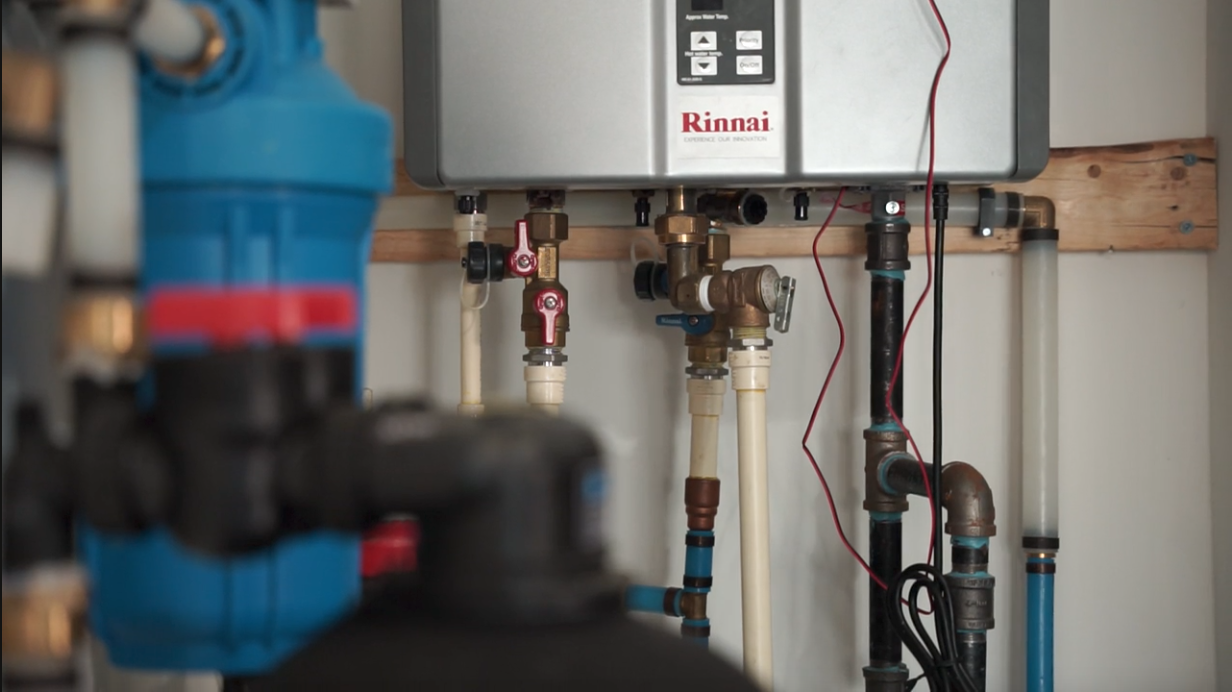
More and more households are turning to home water filtration systems. These systems provide cleaner, tastier water and boast significant environmental benefits. From reducing plastic waste to minimizing chemical runoff, the impact of installing a water filtration system at home extends far beyond just convenience and health benefits.
The Environmental Impact of Home Water Filtration Systems
Reducing Plastic Waste
One of home water filtration systems’ most immediate and tangible environmental benefits is reducing plastic waste.
Each year, billions of plastic water bottles are sold worldwide, and a significant portion of these end up in landfills, oceans, and other natural environments where they can decompose for up to 1,000 years.
By providing safe, clean drinking water directly from the tap, home water filtration systems eliminate the need for bottled water. This shift not only helps reduce the overall production of plastic but also decreases the volume of plastic waste that needs to be managed by waste services, thus alleviating pressure on local landfill sites. Moreover, the production of plastic bottles consumes large amounts of fossil fuels and water.
A home water filtration system significantly reduces these resource expenditures. By filtering your drinking water at home, you actively participate in a global effort to reduce carbon footprints and conserve precious natural resources.
Minimizing Chemical Runoff
Another critical environmental impact of home water filtration systems is their ability to minimize chemical runoff. Chemicals like chlorine and chloramines are commonly used in municipal water treatment to kill bacteria and other pathogens. However, when flushed back into the environment, these chemicals and other contaminants found in tap water, such as lead, pesticides, and pharmaceutical residues, threaten human health, wildlife, and ecosystems.
Home water filtration systems, especially those equipped with activated carbon filters or reverse osmosis technology, effectively remove these harmful chemicals and contaminants from drinking water. The clean water that results requires less reliance on chemical treatments, leading to fewer contaminants entering local waterways. This is particularly beneficial for aquatic life and can help maintain the health of local rivers, lakes, and streams.
Encouraging Sustainable Agriculture Practices
Home water filtration systems indirectly encourage more sustainable agricultural practices by reducing the presence of chemicals in runoff water. When fewer agricultural chemicals enter public waterways, there is less need for aggressive water treatment solutions that involve additional chemicals.
This can lead to a virtuous cycle in which improved water quality reduces reliance on agricultural and water treatment chemicals.
Educating the Public on Water Conservation
Home water filtration systems improve water quality and serve as an educational tool for water conservation. They make users more aware of water purity and scarcity issues, fostering a greater appreciation for this vital resource.
This awareness can encourage people to adopt more sustainable water usage habits, such as fixing leaks promptly, using water-efficient appliances, and practicing water conservation daily.
Long-Term Benefits and Considerations
While the benefits of home water filtration systems are clear, consumers must also choose their systems wisely. Some filtration systems might use excessive water, particularly those with reverse osmosis, which can have a high ratio of waste to clean water. Opting for systems that balance purification efficiency with water conservation is crucial.
Additionally, these systems should be maintained responsibly. Filters and membranes must be disposed of properly, and systems must be maintained efficiently to avoid wasting water.
Home water filtration systems offer an excellent opportunity to reduce environmental impact significantly. By reducing plastic waste and chemical runoff, these systems provide safer, cleaner drinking water and contribute to a more sustainable planet.
As more households adopt these systems, the cumulative effect on reducing global plastic waste and protecting aquatic ecosystems can be profound. Remember, every drop counts, and each step we take toward sustainability leads to a healthier Earth.
Let us help you find peace of mind with water that’s good for the Earth, refreshing, and, most importantly, safe.
Related Posts

Holiday Hosting Tips with Family Water
Hosting guests this holiday season? Make it easier with clean water, smart prep, and a few Family Water-approved tips to make your home feel like home.

How Water Quality Affects the Flavor of Food and Beverages (Especially During the Holidays)
Water quality affects the flavor of food. Discover how clean water from Family Water Treatment can elevate your holiday hosting game.
